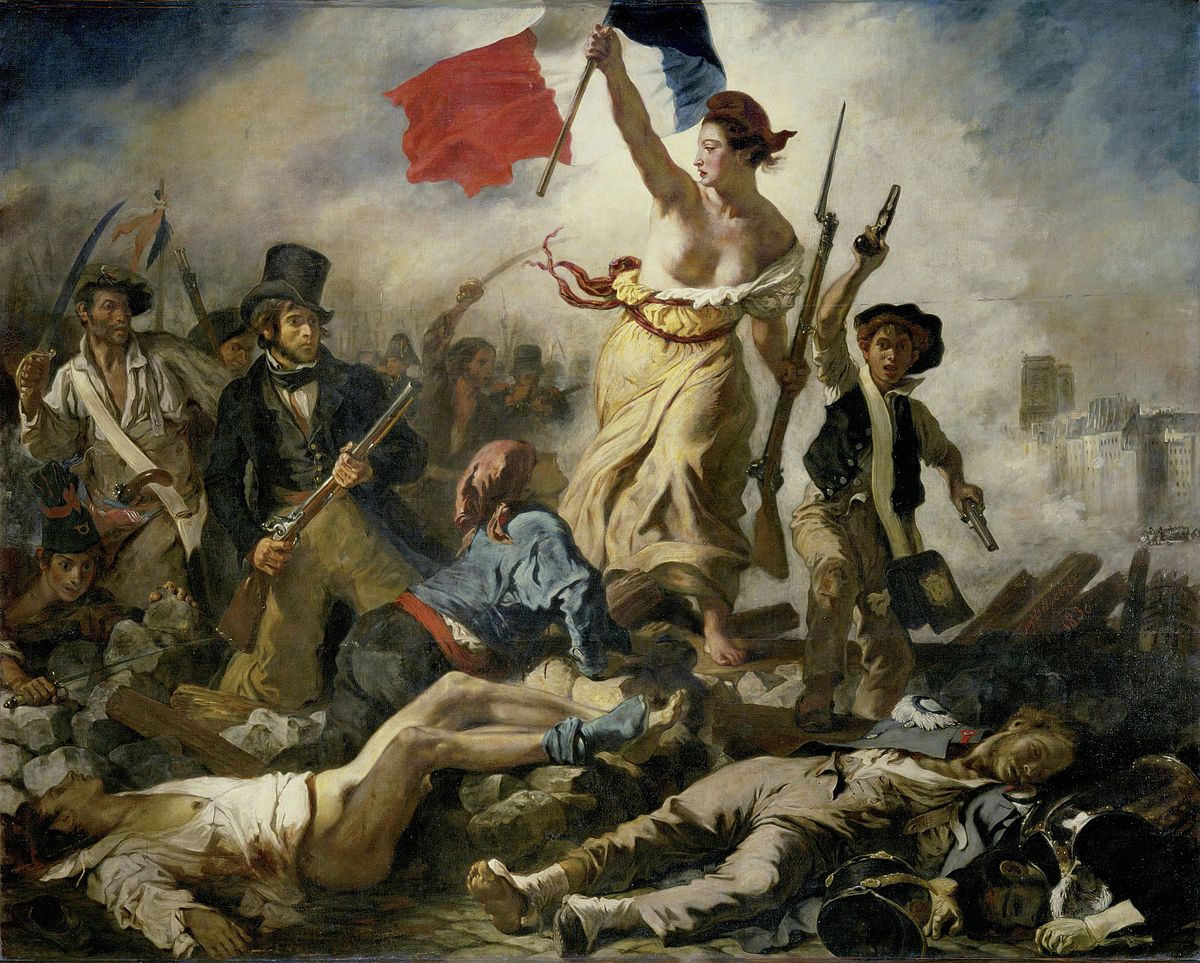 On May, 3 - 5, 2019 Res Publica Research Center in co-operation with Venice International University held a Republican Biennale "Republics and Republicanism. Theory and Practice. Heritage / Present and Future Perspectives".
On May, 3 - 5, 2019 Res Publica Research Center in co-operation with Venice International University held a Republican Biennale "Republics and Republicanism. Theory and Practice. Heritage / Present and Future Perspectives".
The aim of the Biennale was to discuss Republicanism in a broad, multidisciplinary and worldwide perspective, and to start up a series of such meetings to be held in Venice every two years.
During recent decades, Republicanism has become a central concern in political theory and history. This body of thought emerged as the main alternative to Liberalism, when Marxism lost this role after the fall of the Berlin Wall.
Republicanism - as a study of classical Athens and Rome and then Renaissance Florence, Venice and other self-governing units - has been branded as ‘a shared European heritage'. The conference wanted to promote further theoretical and historical reflections on such experience, broadening the focus to non-European case-studies and perspectives, to late modern and contemporary times, opening to every possible discipline. Republicanism is not a dead body confined to the studies of the past: rather it is about rediscovering the past to offer novel solutions for the problems of today. The idea, hence, was to convert it into a frame in which to discuss and clarify contemporary issues and concerns and even, if possible, into a common background theory for existing empirical political practices, including eco-democracy, participary budgets, the defense of the commons and public space, communal practices and rights, and resistance to domination.
The main speaker was PHILIP PETTIT, author of Republicanism. A Theory of Freedom and Government (Oxford University Press, 1997), a classic in the field. Scholars from all disciplines, not only from the Venice International University consortium but all over Europe and beyond, have participated. The number of participants reached in total 60.
The aim was to create a network of people interested in the project. The intent was to have biennial conferences in the field and convert this event into a permanent workshop.
{gallery}RESPUBLICA/Republican_Biennale/photo{/gallery}